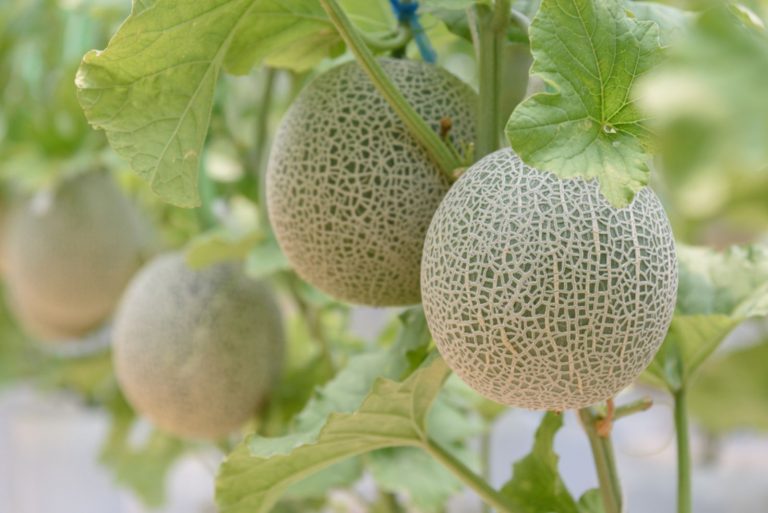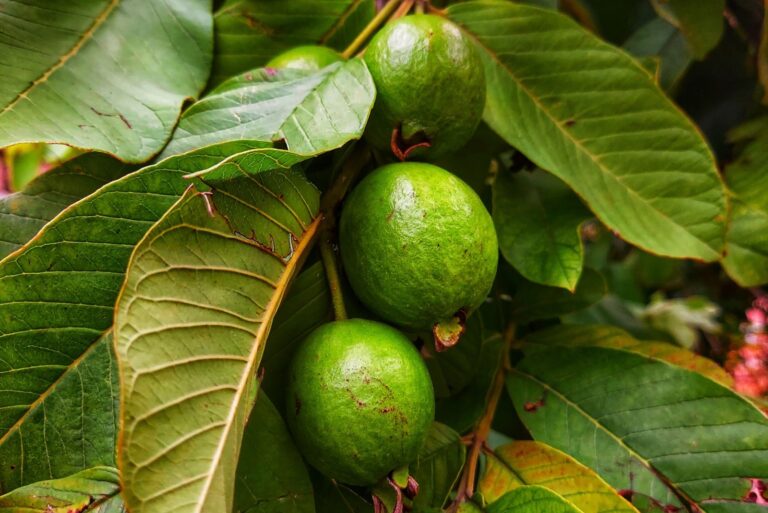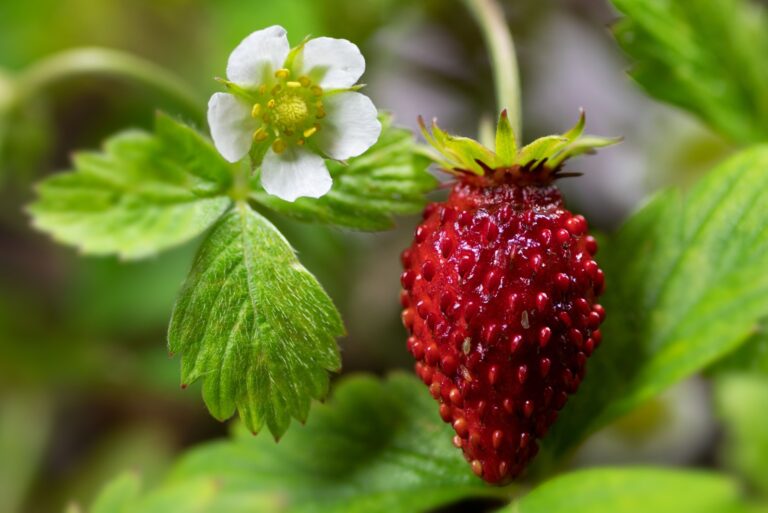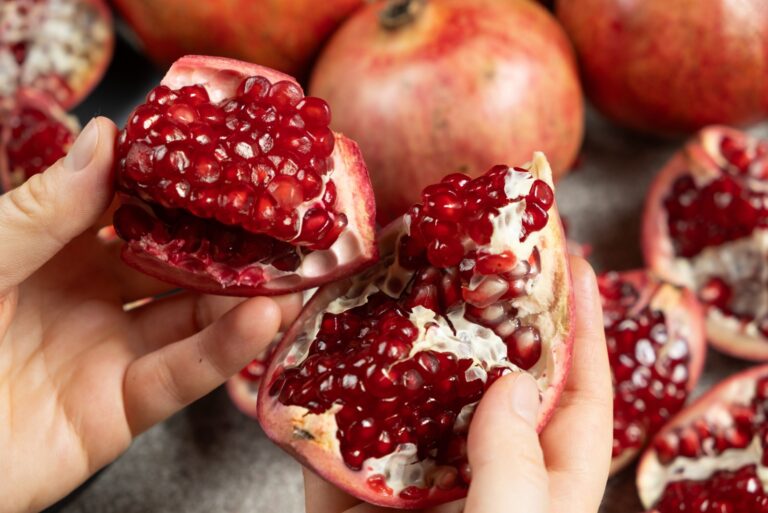Fruits You Can Still Plant From Seed This September In Michigan
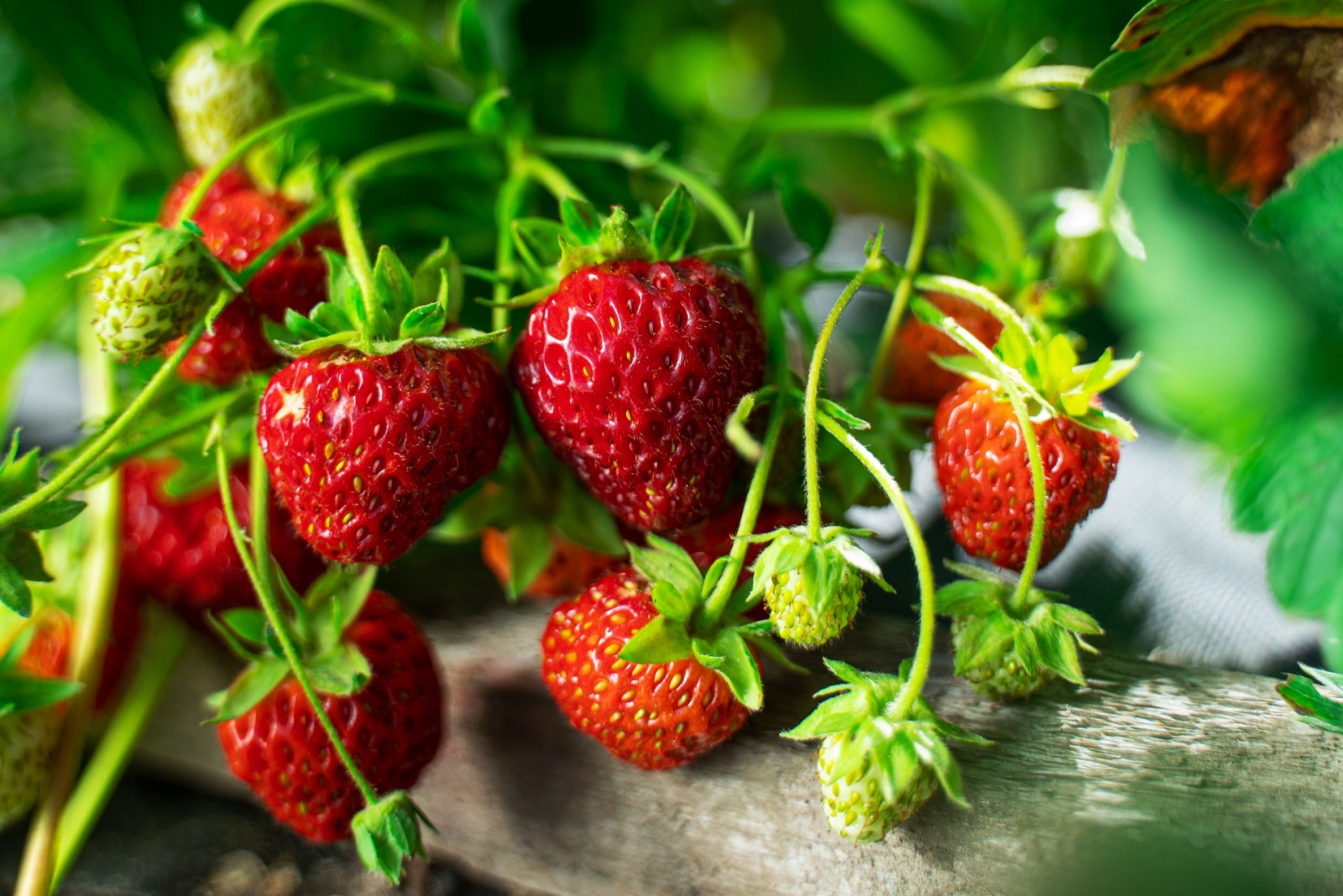
Michigan gardens don’t have to slow down just because summer is winding down. September’s cooler temperatures actually create ideal conditions for certain fruit seeds to take root before winter arrives.
I’ve discovered through years of gardening that many fruits can still be successfully started from seed this month, thanks to Michigan’s unique growing zones and first frost patterns. Here are 15 fruits you can still plant from seed this September in your Michigan garden.
1. Cold-Hardy Strawberries
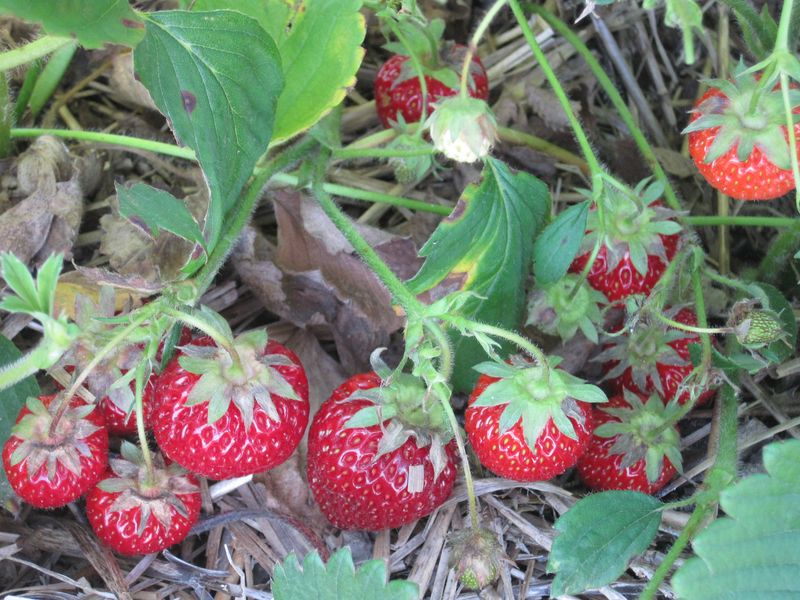
Alpine strawberries thrive when planted in early fall. These compact plants develop stronger root systems during Michigan’s cool September nights, preparing them for winter dormancy.
Start by soaking seeds for 24 hours before planting in seed trays with well-draining soil. Keep soil consistently moist but not waterlogged.
You’ll enjoy watching these plants emerge next spring, with potential for small harvests by early summer – much faster than many other fruits started from seed.
2. Quick-Growing Watermelon
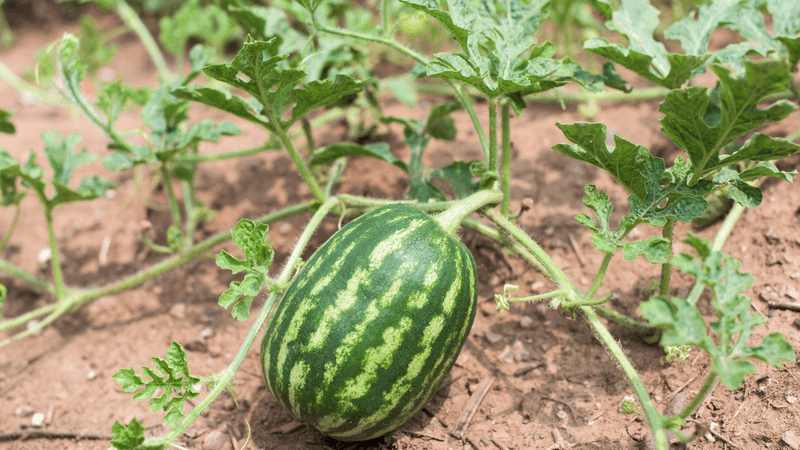
Surprisingly, certain watermelon varieties can be started indoors in September for transplanting to greenhouses or hoop houses later. Michigan gardeners find success with smaller, fast-maturing types like ‘Sugar Baby’.
Soak seeds overnight in warm water, then plant in biodegradable pots filled with seed-starting mix. Keep temperatures between 75-85°F for optimal germination.
Starting watermelon now gives you a head start for next season, potentially yielding fruit weeks earlier than spring-planted seeds – a clever strategy for extending Michigan’s short growing season.
3. Resilient Raspberries
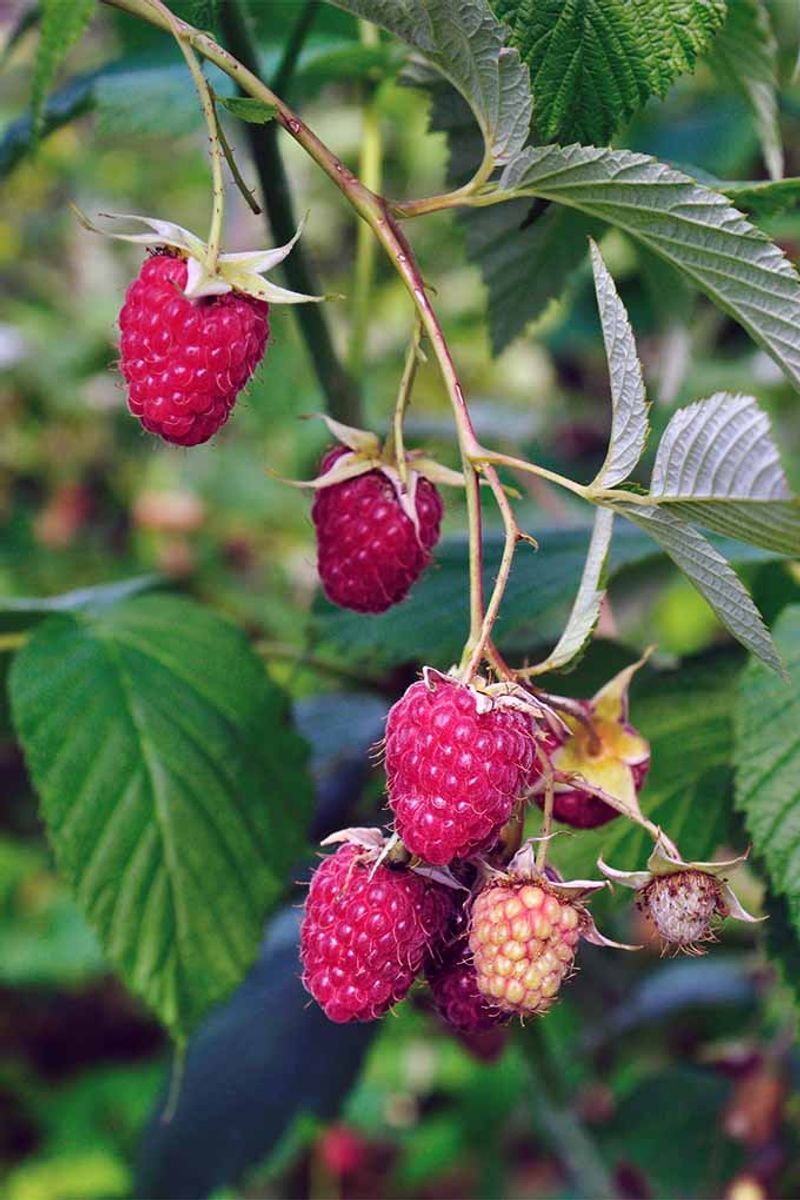
Fall-planted raspberry seeds experience natural cold stratification during Michigan winters, improving germination rates come spring. Red varieties like ‘Heritage’ adapt particularly well to our growing conditions.
Plant seeds in small containers with sterile potting mix, covering lightly with soil. Water gently and place in a cold frame or unheated garage.
Patience pays off with raspberries – while they won’t fruit for about two years, September-started seeds often develop more robust root systems than those planted in spring, leading to healthier plants long-term.
4. Adaptable Apples
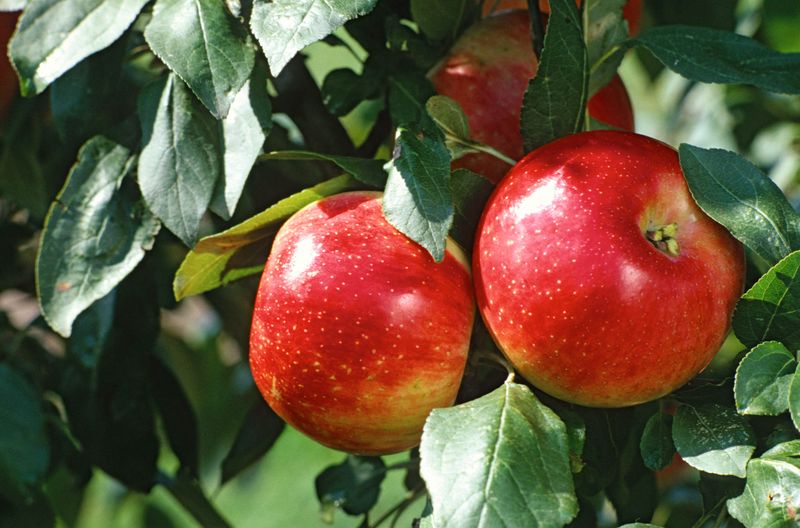
Many Michigan orchards began as simple seeds, though results vary widely. September planting allows apple seeds to undergo natural stratification during winter months, boosting spring germination chances.
Save seeds from locally grown apples for best climate adaptation. Plant them one inch deep in small pots with well-draining soil mix.
My neighbor’s twenty-year-old apple tree started as a seed planted on a whim one September afternoon. While the fruits won’t match the parent tree, the resulting trees often produce interesting new varieties worth the wait.
5. Antioxidant-Rich Blueberries
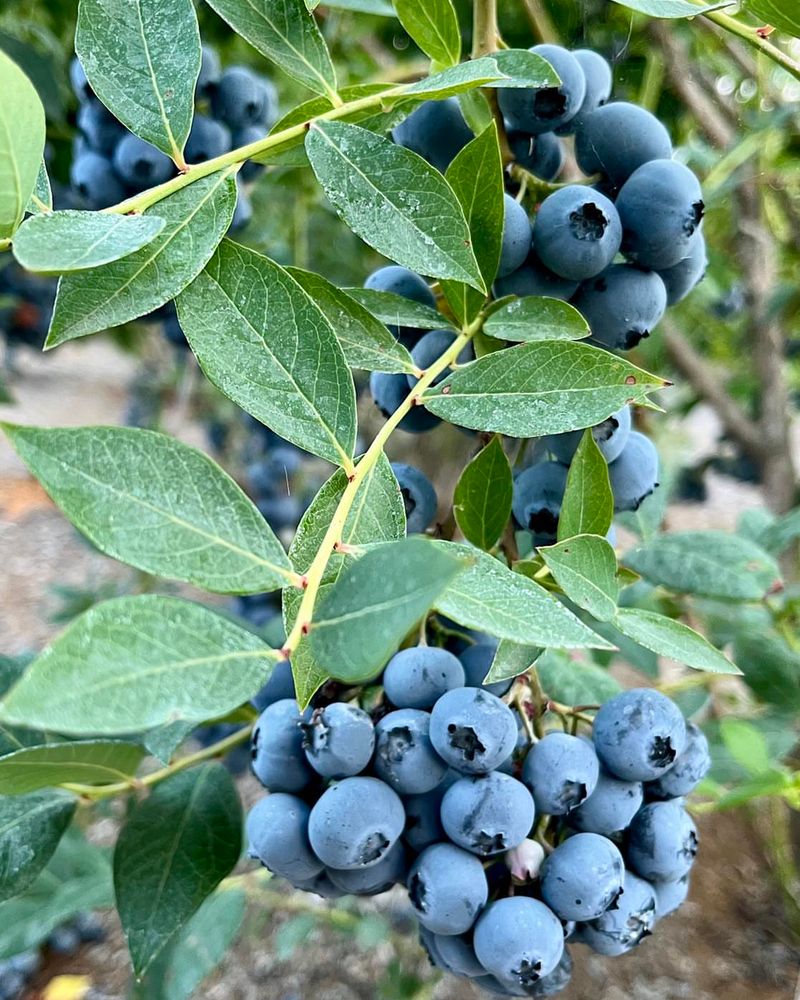
Michigan’s acidic soils make it perfect for blueberries, and September provides ideal timing for seed starting. Lowbush varieties germinate more reliably from seed than highbush types.
Extract seeds from ripe berries, rinse thoroughly, and plant immediately in peat-based soil with a pH of 4.5-5.0. Cover containers with plastic to maintain humidity.
Give these seeds time – germination typically takes 1-3 months, with seedlings appearing by spring. Though fruiting takes 3-4 years, the homegrown berries will be perfectly adapted to your specific Michigan microclimate.
6. Versatile Grapes

Northern grape varieties grow surprisingly well from seed in Michigan’s climate. September planting provides the natural cold period seeds need to break dormancy effectively.
Harvest seeds from locally grown grapes, rinse away pulp, and plant immediately in small pots with sandy loam soil. Place in an unheated garage or cold frame.
Grape seedlings emerge in spring with fascinating genetic diversity. While commercial vineyards use cuttings, seedling grapes often develop excellent cold hardiness – a crucial trait for Michigan’s challenging winters.
7. Drought-Tolerant Cantaloupe
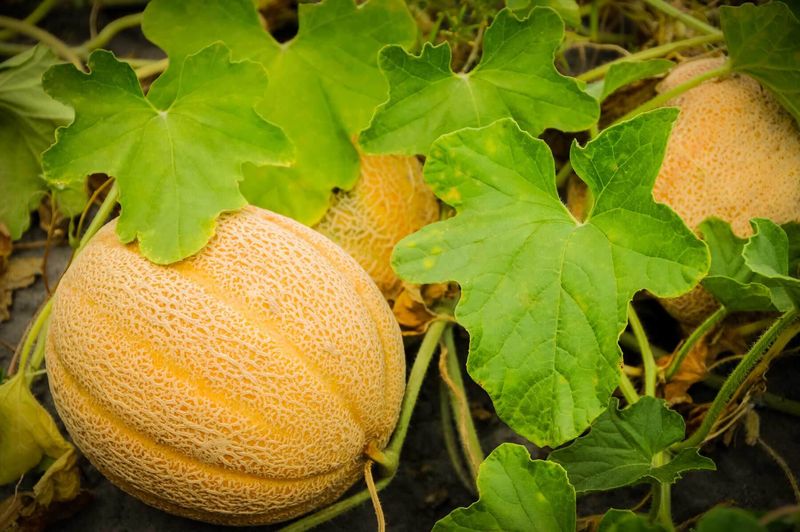
Short-season cantaloupe varieties started indoors in September can get a jump on next year’s growing season. Michigan gardeners find success with ‘Minnesota Midget’ and other quick-maturing types.
Plant seeds in biodegradable pots using lightweight seed-starting mix. Maintain temperatures around 80°F, using grow lights to compensate for decreasing daylight hours.
Transplant to a greenhouse or indoor growing area in late winter. By spring, you’ll have robust seedlings ready for outdoor planting – weeks ahead of directly sown seeds.
8. Heirloom Pears
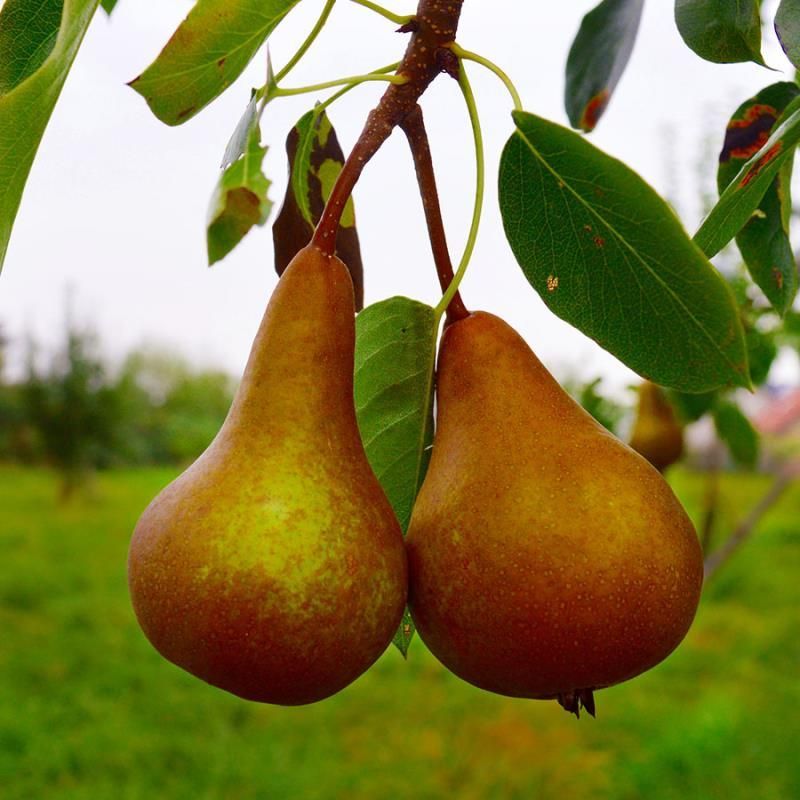
Growing pears from seed creates genetic diversity that may yield varieties perfectly suited to Michigan’s climate. September planting mimics nature’s timing for these seeds.
Collect seeds from locally grown pears, clean thoroughly, and plant one inch deep in pots with good drainage. Place outdoors in a protected location or cold frame.
Pear seedlings emerge in spring after natural stratification. My grandmother’s prized pear tree began as a seed planted decades ago – now it produces fruit that ripens perfectly during our short growing season.
9. Hardy Blackberries
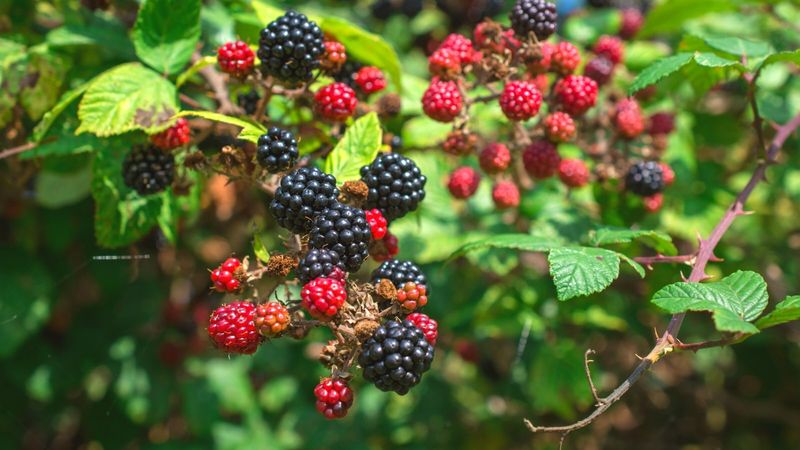
Wild blackberry seeds planted in September develop stronger root systems before dormancy. Michigan’s winter provides natural cold stratification, improving spring germination rates significantly.
Harvest seeds from ripe berries, rinse thoroughly, and plant in small containers with sterile potting mix. Water well and place in a protected outdoor location.
While commercial growers use cuttings, seed-grown blackberries often show improved adaptation to local conditions. My patch started from seeds collected during a northern Michigan hike now outperforms nursery-bought plants during harsh winters.
10. Vitamin-Packed Kiwiberries
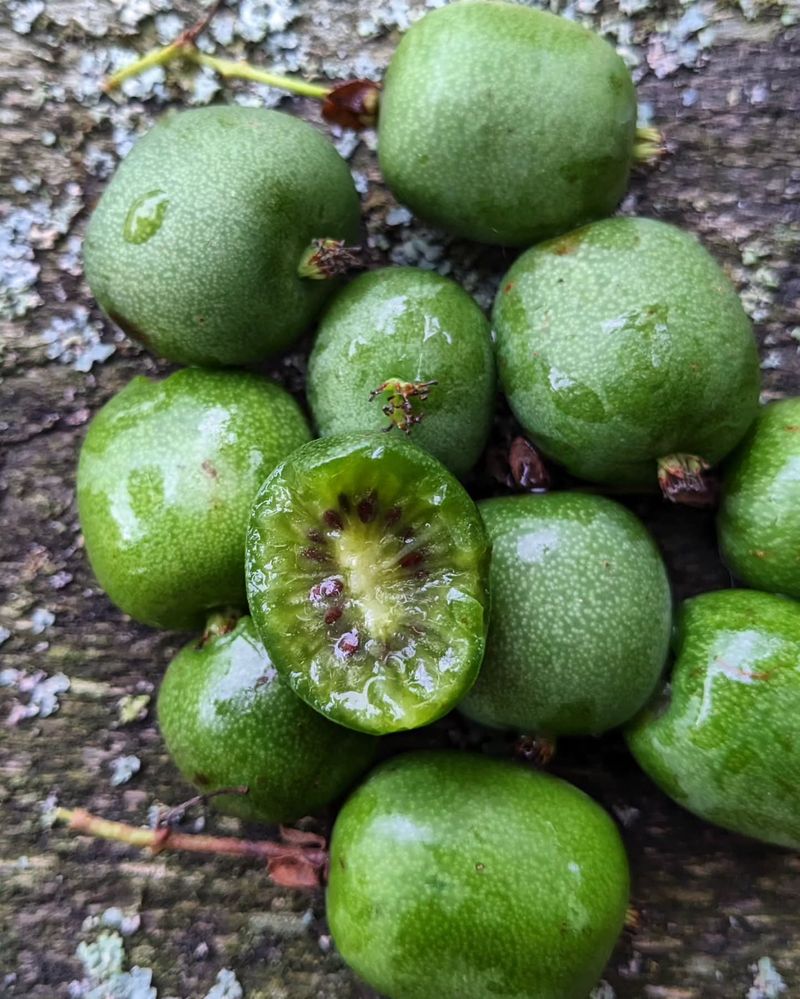
Hardy kiwiberries (Actinidia arguta) grow surprisingly well in Michigan, with September being ideal for seed starting. Unlike tropical kiwi, these grape-sized fruits withstand our cold winters.
Extract seeds from ripe kiwiberries, rinse well, and plant immediately in seed-starting mix. Cover containers with plastic and place in an unheated garage or shed.
Germination occurs in spring after natural cold stratification. While fruiting takes patience (3-5 years), these self-fertile plants eventually produce delicious fruits without requiring male and female plants.
11. Sour-Sweet Gooseberries
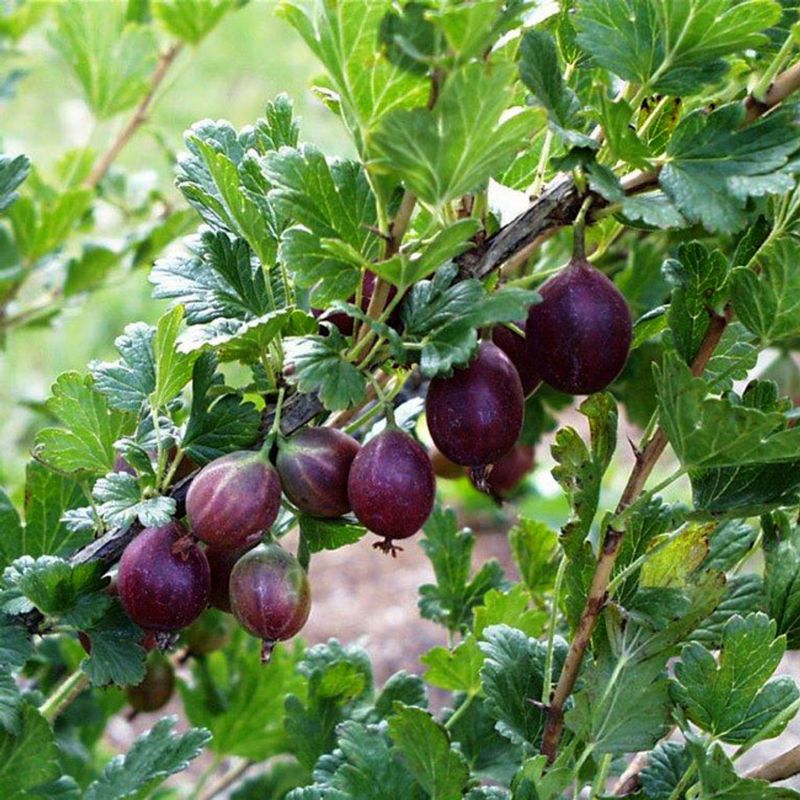
Gooseberries thrive in Michigan’s climate, with September seed planting providing ideal conditions for natural stratification. These understory fruits actually prefer our cooler growing season.
Separate seeds from ripe berries, clean thoroughly, and plant in small pots with rich, well-draining soil. Place in a cold frame or protected outdoor area.
Seedlings emerge in spring, developing into bushes that fruit within 2-3 years. While slower than starting from cuttings, seed-grown plants often show greater disease resistance – crucial for Michigan’s humid summers.
12. Tangy Currants
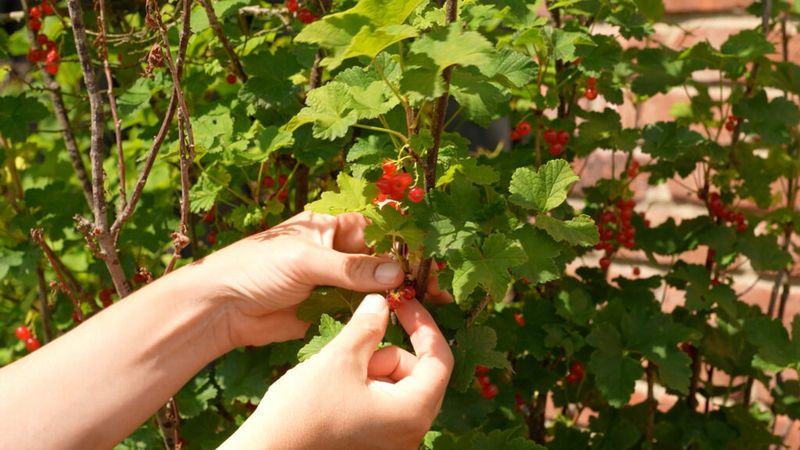
September provides the perfect window for starting currant seeds in Michigan gardens. Red, black, and white varieties all benefit from natural winter stratification.
Extract seeds from fully ripe berries, rinse thoroughly, and plant in small containers with rich potting soil. Place in a protected outdoor location like under a deciduous tree.
Currant seedlings emerge in spring, growing steadily through their first season. My red currant bushes, started from seed five years ago, now produce enough fruit for several batches of homemade jelly each summer.
13. Winter-Hardy Cherries
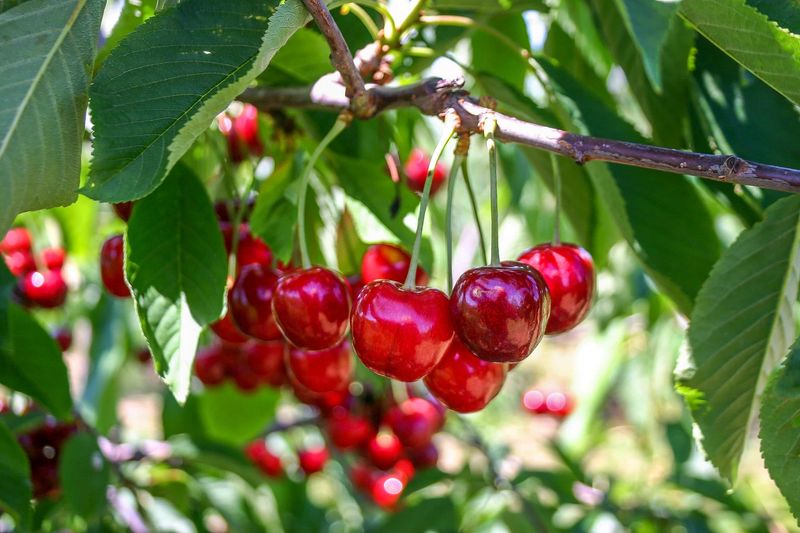
Sour cherry varieties adapted to Michigan’s climate grow well from seed when planted in September. The natural cold period breaks seed dormancy effectively, improving germination rates.
Clean cherry pits thoroughly and plant immediately in deep containers with well-draining soil. Place in a protected outdoor location away from rodents.
Cherry seedlings appear in spring, growing into trees with genetic diversity not found in grafted varieties. While fruiting takes patience (4-7 years), the resulting trees often show excellent cold hardiness and disease resistance.
14. Prolific Plums
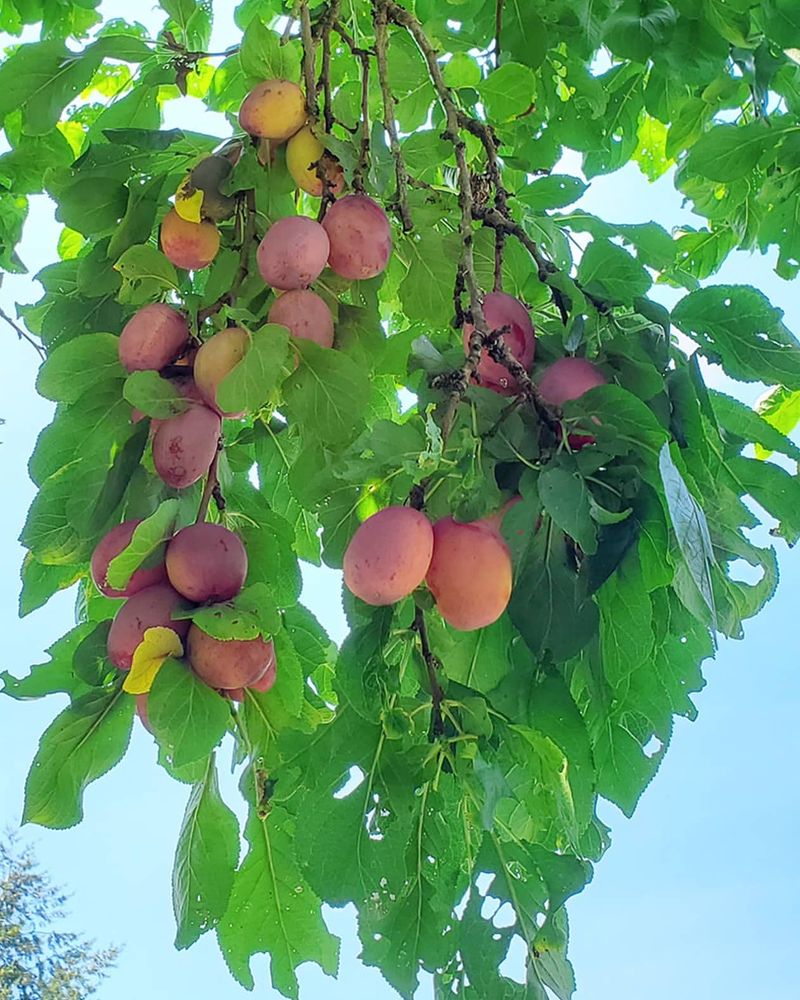
Michigan’s climate suits certain plum varieties perfectly, with September seed planting mimicking nature’s cycle. American and European types both perform well from seed in our growing conditions.
Clean plum pits thoroughly and plant immediately one inch deep in pots with sandy loam soil. Place in a protected outdoor location or cold frame.
Germination occurs in spring after natural stratification. My neighbor’s plum tree, grown from a pit planted years ago, now produces bushels of sweet fruit perfectly timed to ripen before our first frost.
15. Sweet-Tart Peaches
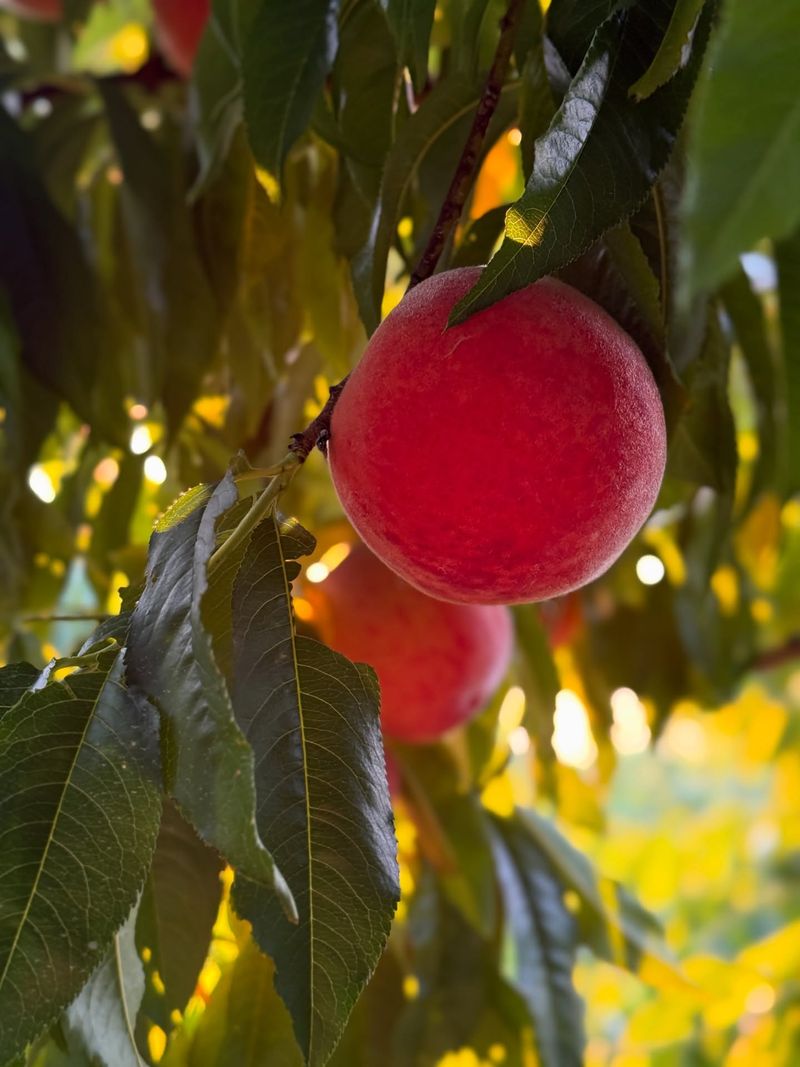
Certain peach varieties grow surprisingly well from seed in Michigan’s climate, especially when planted in September for natural stratification. Look for pits from locally grown, late-season peaches.
Clean pits thoroughly, crack gently to expose the seed inside, and plant in deep containers with well-draining soil. Place in a protected outdoor location.
Peach seedlings emerge in spring, growing vigorously their first season. While commercial orchards use grafted trees, seed-grown peaches often develop excellent adaptation to local soil conditions and climate patterns.


